
Ingredient
Gin flavour
The Essence of Gin
Gin flavor is characterized by its distinct botanical notes, juniper-forward taste, and a hint of citrus. It enhances dishes with its refreshing and complex profile, making it a versatile ingredient in both sweet and savory recipes.
Origins and history
Gin, a spirit infused with various botanicals, originated in the Netherlands in the 17th century and gained popularity in England during the 18th century. It has since become a staple in classic cocktails and is now used to infuse a wide range of dishes with its distinctive flavor.
Nutritional information
Gin flavor is primarily used for its taste and aroma and does not provide significant nutritional value.
Allergens
Gin flavor does not contain any known allergens.
How to select
When selecting gin flavor, opt for reputable brands that use high-quality botanicals and have a well-balanced flavor profile. Look for clear labeling and avoid products with artificial additives or excessive sweetness.
Storage recommendations
To maintain the freshness and quality of gin flavor, store it in a cool, dark place away from direct sunlight. Keep the bottle tightly sealed to prevent oxidation and flavor degradation.
How to produce
Gin flavor is produced through the distillation of various botanicals, including juniper berries, coriander, citrus peels, and other aromatic herbs and spices. It requires specialized equipment and expertise to create the desired flavor profile.
Preparation tips
Gin flavor can be used to elevate a wide range of dishes, including cocktails, sauces, marinades, desserts, and even savory dishes like gin-infused seafood or gin-cured meats.
Culinary uses
Gin flavor is commonly used in classic cocktails such as the Gin and Tonic, Negroni, and Martini. It is also utilized in various cuisines around the world to add a unique twist to dishes.
Availability
Gin flavor is widely available in liquor stores, specialty food stores, and online retailers.
More ingredients from this category » Browse all
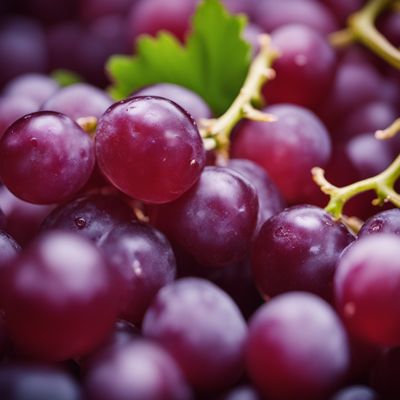
Grape concord flavour
The Bold and Sweet Essence of Concord Grapes

Tandoori flavour
The Fiery Essence of Indian Cuisine

Figs dried flavour
The Sweet Essence of Dried Figs
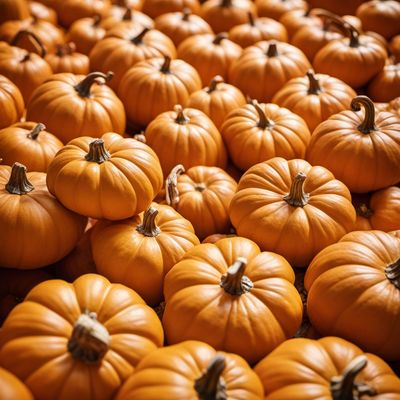
Pumpkin flavour
The Enchanting Essence: Pumpkin Flavour

Soup flavour
The Secret to Savory Soups
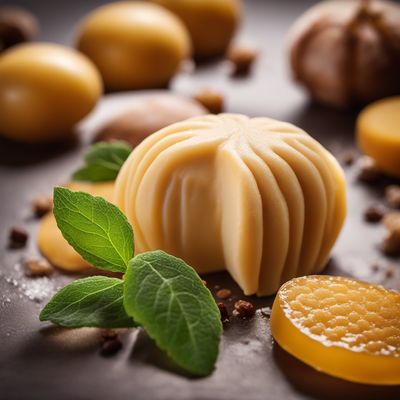
Marzipan flavour
The Sweet Almond Symphony

Melon flavour
"The Refreshing Essence: Exploring the Delightful Melon Flavor"

Guava flavour
Tropical Delight: Exploring the Exquisite Guava Flavor

Pomegranate flavour
The Tangy Sweetness of Pomegranate Delight
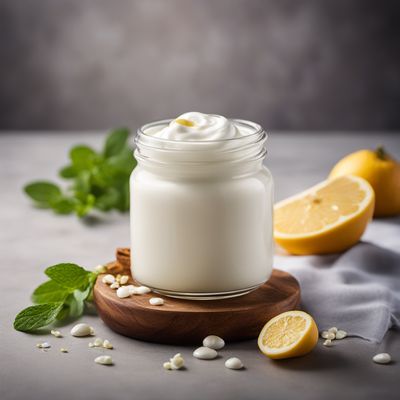
Yoghurt flavour
The Creamy Indulgence: Yoghurt Flavour
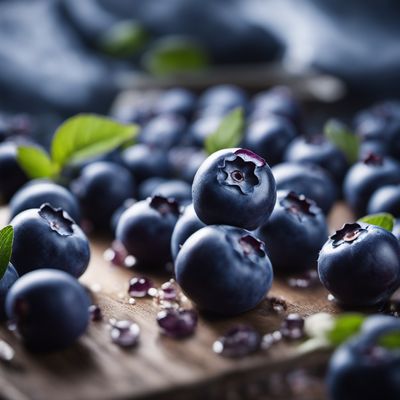
Blueberry flavour
The Essence of Sweetness
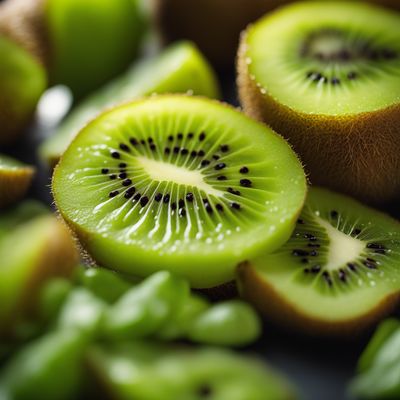
Kiwi flavour
The Tangy Delight